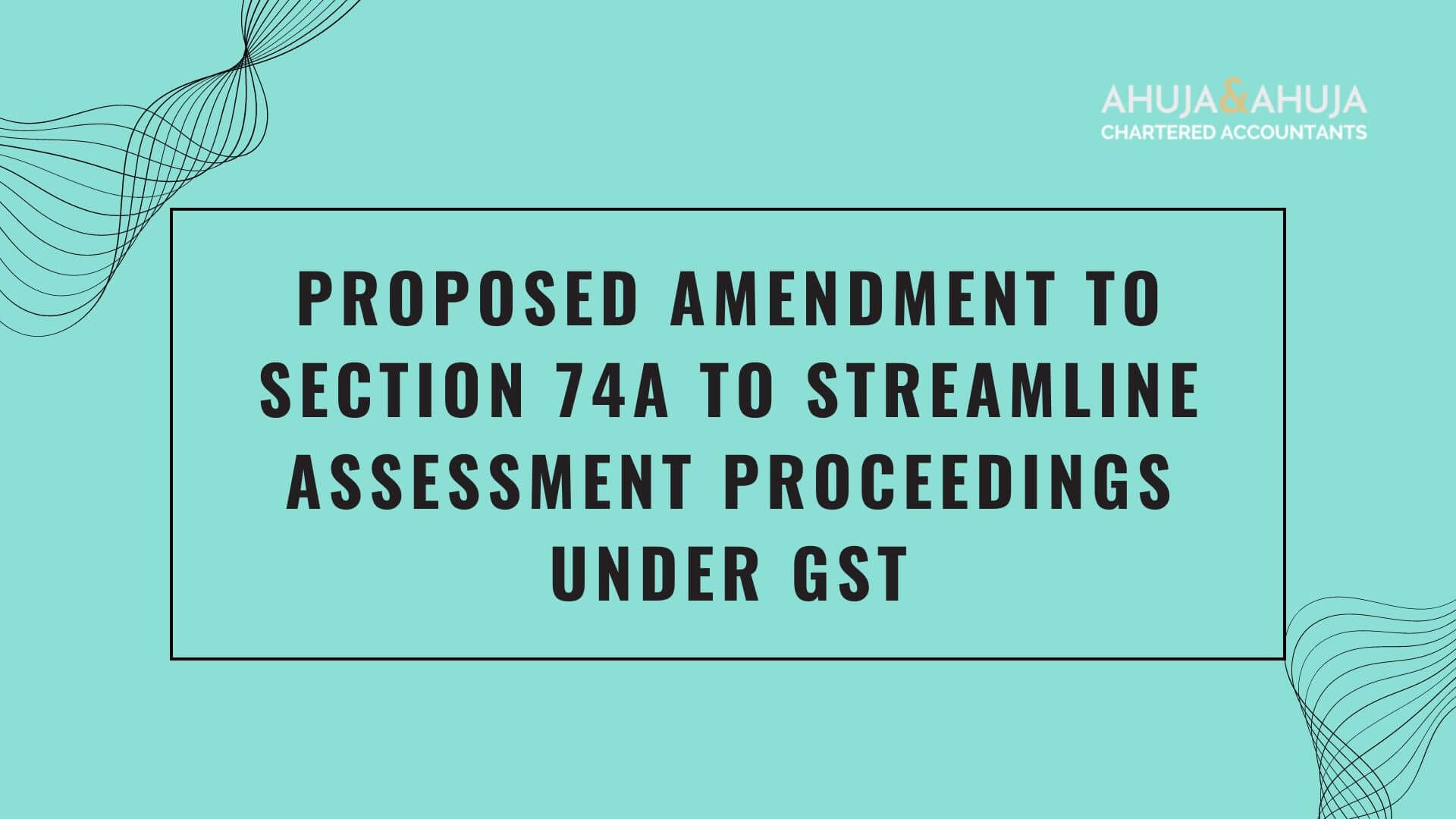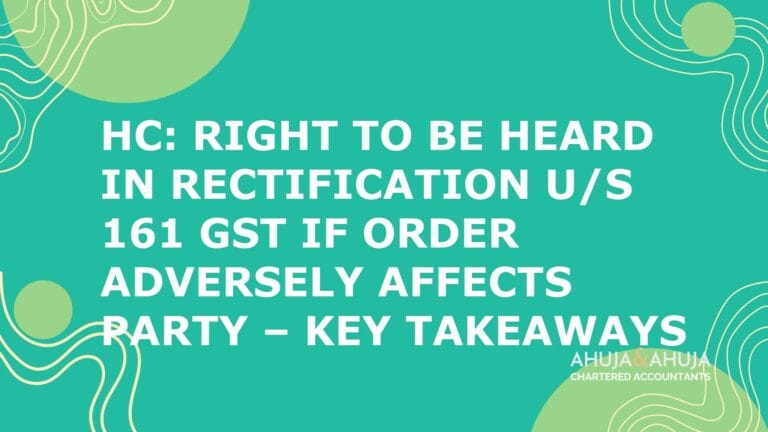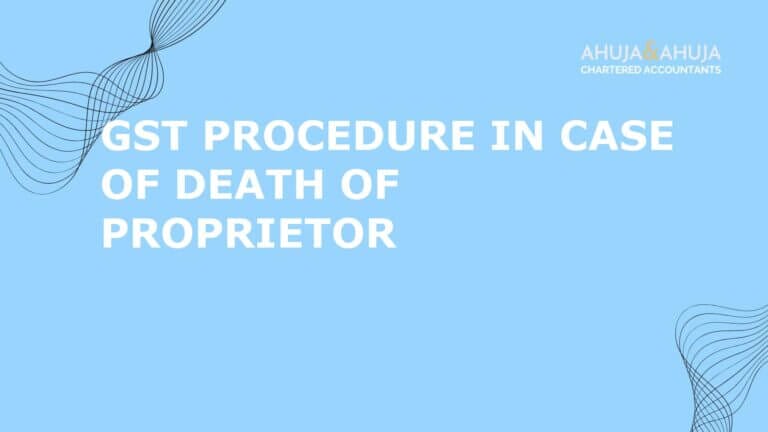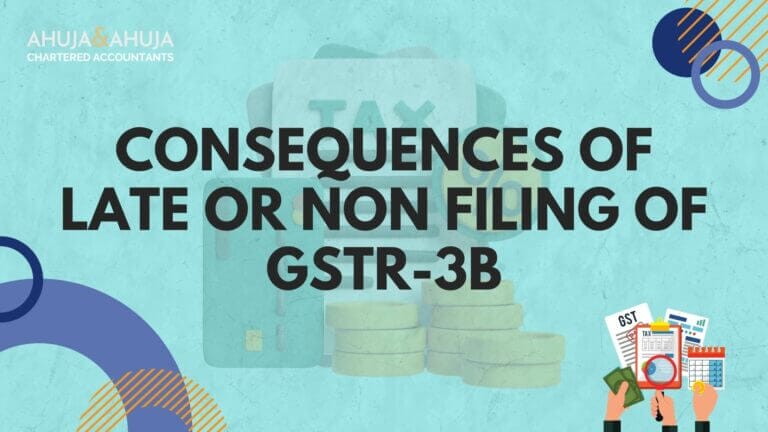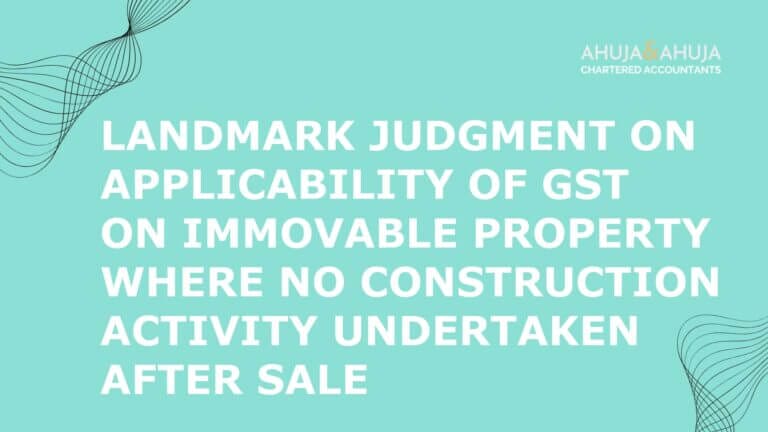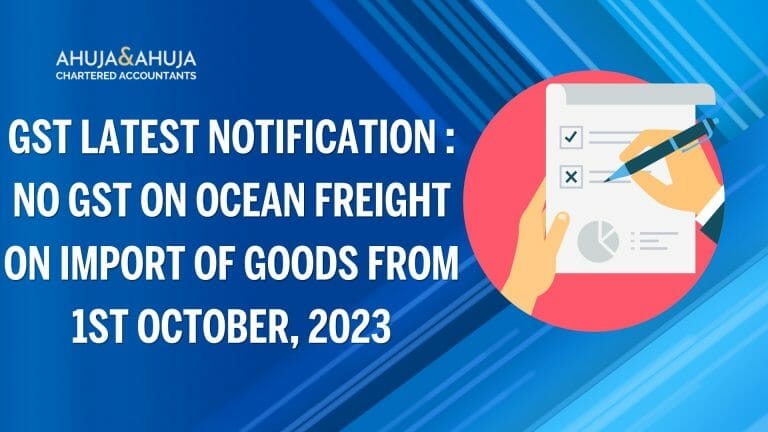Proposed Amendment to Section 74A to Streamline Assessment Proceedings under GST
Since its inception, the Goods and Services Tax (GST) has continuously evolved, seeking to simplify compliance while ensuring effective tax administration.
The role of the GST Council is pivotal, introducing reforms that shape the landscape of taxation in India.
The 53rd GST Council meeting marked a significant milestone in this journey by proposing the insertion of Section 74A into the CGST Act, 2017.
This proposed section is aimed at streamlining processes and enhancing clarity in the issuance of demand notices and orders.
Background
Currently, under the CGST Act, the procedures and time limits for issuing notices and orders are segregated based on the nature of the charge.
For instances that do not concern fraud, willful misstatements, or suppression of facts (handled under Section 73), the timelines are generally shorter.
Conversely, cases involving these severe charges fall under Section 74 and are subject to prolonged scrutiny due to their complexity and the depth of investigation required.
In practice, this has led to a somewhat bifurcated and cumbersome system where the determination of the applicable section affects procedural timelines.
This differentiation can, at times, lead to confusion and inconsistency in handling cases. For example, understanding these distinctions is crucial in situations related to the best judgment assessment for non-filers under Section 62 of the GST, where timing could influence the management and outcomes of such cases.
The GST Council’s latest proposal aims to amend this scenario by harmonizing the time limits across different types of infractions, whether they involve intent to evade tax or not.
This strategic shift is anticipated not only to simplify the understanding and application of the law but also to aid both taxpayers and authorities by providing a more predictable and unified framework.
Detailed Explanation of the Proposed Amendment: The Introduction of Section 74A
The 53rd GST Council meeting proposed significant amendments to streamline and unify the time limits for issuing demand notices and orders under the CGST Act.
This includes the introduction of the new Section 74A, which aims to consolidate the provisions of Sections 73 and 74.
Key Changes Proposed
- Unified Time Limit for All Cases:
- Current System: Different time limits based on the nature of the infraction; shorter for general cases and longer for cases involving fraud or deliberate evasion.
- Proposed Change: A common time limit for issuing demand notices and orders, regardless of the intent or severity of the infraction.
- Implementation: This change is scheduled to take effect from the financial year 2024-25 onwards.
- Current System: Different time limits based on the nature of the infraction; shorter for general cases and longer for cases involving fraud or deliberate evasion.
- Extended Window for Reduced Penalty:
- Current System: Taxpayers have 30 days to avail of a reduced penalty by settling the full demanded amount plus interest.
- Proposed Change: Extension of this period to 60 days, providing taxpayers with additional time to comply and benefit from reduced penalties.
- Current System: Taxpayers have 30 days to avail of a reduced penalty by settling the full demanded amount plus interest.
Visualization of Time Limit Changes
| Case Type | Current Time Limit | Proposed Time Limit |
|---|---|---|
| Without fraud (Section 73) | 3 years | Uniform 5 years |
| With fraud (Section 74) | 5 years | Uniform 5 years |
Impact of the Changes
These modifications promise to simplify the legal landscape of the GST framework greatly. By standardizing the time limits, the new system will reduce the legal complexity and make it easier for businesses to understand and anticipate their compliance obligations.
Furthermore, the extended window for reduced penalties is expected to provide substantial relief to taxpayers, especially in complex cases where gathering finances or documentation may take longer.
For an in-depth understanding of other related processes, you may consider exploring services provided for GST registration in India, which is foundational to navigating further compliance.
Impact Analysis of New GST Amendment: Harmonization and Efficiency
The proposed amendments introduce a streamlined approach that is expected to have significant effects on both taxpayers and revenue authorities. Let’s delve deeper into the implications.
Simplification and Uniformity
For Taxpayers:
- Clarity and Predictability: The implementation of a single uniform time limit for all cases eliminates the need for taxpayers to decipher different timelines based on the nature of charges. This clarity can result in better compliance planning and reduced legal ambiguities.
- Extended Window for Reduced Penalty: By extending the period from 30 to 60 days for paying off the demanded tax to avail of reduced penalties, taxpayers gain a more realistic timeframe to manage their finances, potentially decreasing the financial strain and legal complications associated with quicker payments.
For Revenue Authorities:
- Streamlined Process: Unifying the time limits simplifies procedural adherence, reducing administrative burdens and allowing more focus on enforcement rather than procedural verification.
- Consistent Enforcement: A uniform approach ensures that all cases are treated equally, thereby reducing the subjective interpretation of rules and potentially lowering the likelihood of litigation.
Plugging Loopholes and Ensuring Compliance
The transition to a single timeline for issuing demand notices and orders aims at eliminating the manipulative delays and extended proceedings that can sometimes plague the taxation process.
By setting a standard time limit, the new system strives to make the enforcement of GST laws more timely and effective, thereby minimizing the scope for evasion and ensuring a smoother compliance landscape.
Beneficial or Restrictive?
Beneficial to Taxpayers:
- The modifications are clearly inclined towards providing relief and reducing the complexity of understanding GST laws. Such predictability often translates into better business planning and financial management.
- The possibility to utilize an extended period for settling dues with reduced penalties gives taxpayers a better opportunity to comply without the burden of excessive fines.
Advantageous for Revenue Authorities:
- The streamlined procedures are likely to result in quicker resolutions of cases, enhancing the overall efficiency of tax collection and compliance monitoring.
- Having a uniform procedure avoids discrepancies in handling cases and can potentially reduce the volume of cases reaching the courts due to procedural complexities.
In conclusion, by simplifying GST compliance and making the laws more predictable and fair, the GST Council’s proposed amendments could enhance the way both taxpayers and revenue authorities interact with GST laws, fostering a more compliant and business-friendly environment.
Conclusion
The introduction of Section 74A in the GST legislation by the 53rd GST Council meeting represents a significant advancement in the direction of simplifying and streamlining GST compliance.
Through the proposed uniform time limits for all cases of demand notices and orders and the extension of the period for availing reduced penalties, the amendments are designed not only to aid taxpayers in managing compliance more effectively but also to enhance the efficiency of the revenue authorities in handling cases.
This proactive approach is set to reduce litigation, encourage timely compliance, and foster a clearer, more predictable regulatory environment.
Thus, the GST Council aims to balance robust tax enforcement with fair taxpayer treatment, promising a positive impact on the fiscal landscape of India.
Frequently Asked Questions (FAQs)
What is Section 74A in the GST Act?
Section 74A is a proposed insertion in the GST legislation that aims to unify the time limits for issuing demand notices and orders across all types of cases, irrespective of whether they involve fraud or mere non-compliance.
How will the new Section 74A change the current time limits?
The new section proposes a common time limit for both types of infractions, normal and serious, thereby simplifying the compliance process and making it easier for businesses to understand their obligations.
What benefits do taxpayers gain from the unified time limit under Section 74A?
Taxpayers benefit from greater predictability and simplicity in compliance, reduced risk of litigation due to procedural inconsistencies, and a longer period to avail reduced penalties which can significantly lower the financial burden in case of disputes.
How does Section 74A benefit revenue authorities?
Revenue authorities will enjoy a streamlined process with less administrative burden, allowing for more efficient case handling. Consistent enforcement across the board ensures fairness and reduces subjectivity in proceedings.
Are there potential downsides to the introduction of Section 74A?
While largely beneficial, the new uniform time limits could be seen as restrictive for cases that previously enjoyed shorter scrutiny periods.
However, the overarching aim of the amendment is to bring about greater efficiency and clarity, outweighing the potential downsides.
Where can I find more information on how to comply with the new GST changes?
For detailed insights and assistance with GST compliance under the new regulations, consider replying to GST ASMT-10 notices or exploring comprehensive GST services.
Disclaimer
The materials provided herein are solely for educational and informational purposes. No attorney/professional-client relationship is created when you access or use the site or the materials. The information presented on this site does not constitute legal or professional advice and should not be relied upon for such purposes or used as a substitute for professional or legal advice.

